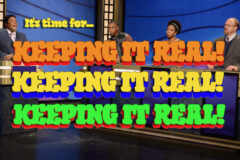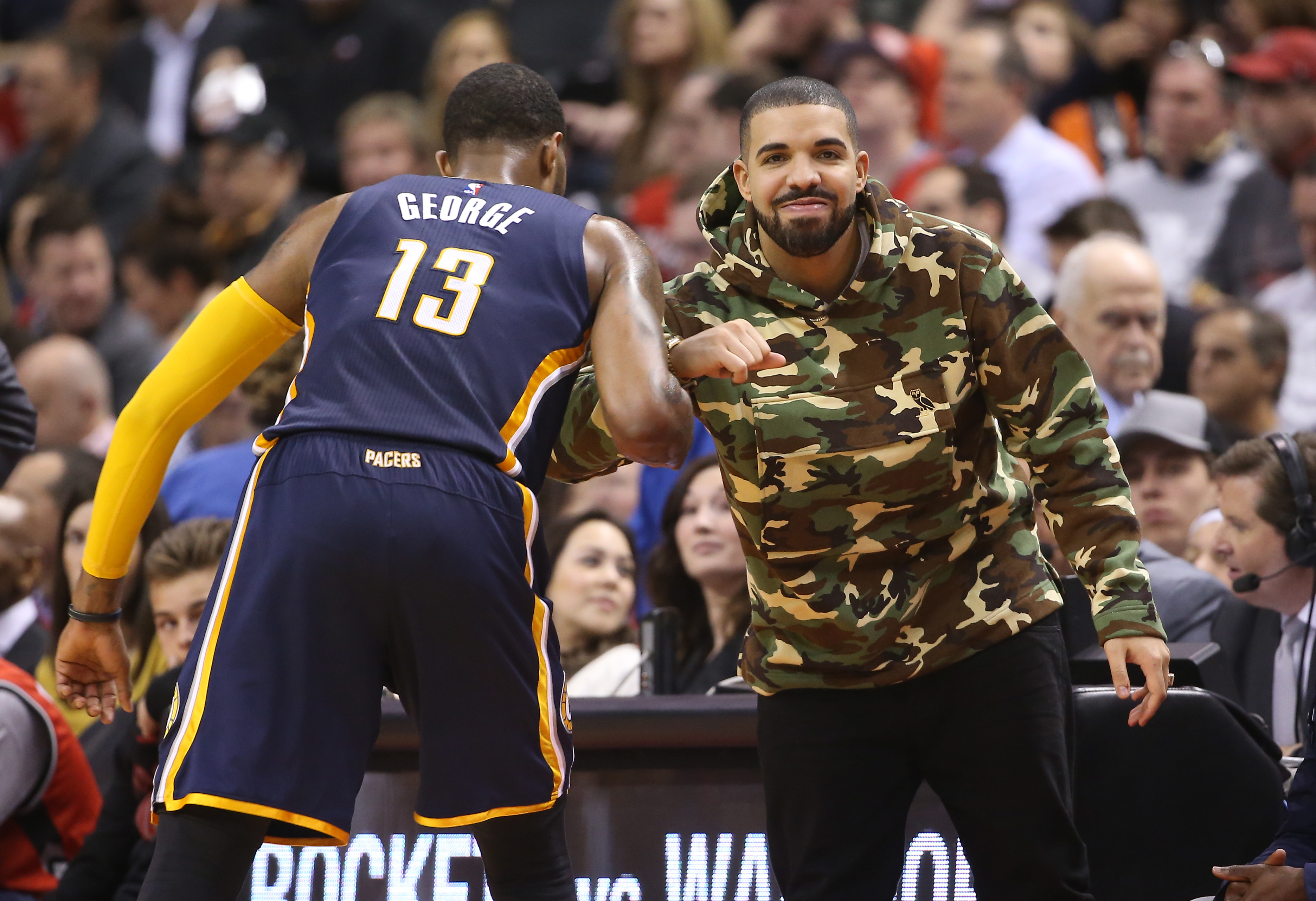Aubrey Graham assumed pop’s pole position on the strength of two key phrases: “Best I ever had,” a title he awards every girl he beds, and “I’m doing me,” a love story for the ages. He caused me instant revulsion, like a Kanye minus all the things that make Kanye bearable: over-smoothed Auto-Tune, beatless soundscapes, unchecked emo lyrics run rampant. (To wit: Let’s keep Noah “40” Shebib from ever remixing The Life of Pablo.)
From there he made rap history with his smash sophomore album, 2011’s Take Care, which established the four Drake food groups: fame (“Headlines”), exes (“Marvins Room”), weird romantic/paternal mentorship intersections (“Make Me Proud”), and a Baz Luhrmann-esque regard for rap history (“Under Ground Kings,” “Practice”). As his sound became more aggressive on 2013’s Nothing Was the Same, he tried to stay a step ahead of his critics, loudly admitting he’s on his worst behavior on one track, and having Jhené Aiko reassure him by massaging a chorus with an “I know you’ve been through more than most of us” on another. His drug of choice is confidence, which doesn’t differentiate him from any other alpha male rapper. What differentiates him is that the struggles he details are relatively mundane: namely, which ex do I want my next girlfriend to resemble most?
I’m to understand that we admire lines like “What you doing that’s so important?” and the admittedly wicked “My excuse is that I’m young,” not because they’re cringeworthy unto themselves but because they tap into the moments where we’ve made ourselves cringe. Drake’s self-consciousness is a weird thing; he raps like he’s in a hall of mirrors, yet not really looking into any of them. Instead, he’s waving to the security camera. Views, indeed.
So for all the self-awareness that’s supposed to set him apart from the rest of pop history, it’s hard to believe that he agrees that “You’re a good girl and you know it” or “Ever since I left the city you / Got a reputation for yourself now” — two key phrases that have extended his career by miles — are paternalistic horror shows. “Hold On, We’re Going Home” is his greatest melody though, and “Hotline Bling” (which is kind of the “Roxanne” of the 2010s) was undeniably the defining song of 2015, for better or worse. You can bet “Redemption” — where he manages to make a former flame having a baby about him — will not do the same for 2016. On the other hand, don’t expect Jay Z’s rumored Lemonade response album to be anywhere near this chilling.

Also Read
KEEPING IT REAL — ROUND TWO!
One reason Drake’s fourth official album is freaking everyone out so much is because it’s his least claustrophobic; at times it sounds like his clarion ex-splaining was miked from the grand canyon (or the CN tower). There’s nary a distraction from the words that old fans are shying away from because the new Drake is something of a monster. That is, if he’s to be taken literally. Don’t do that. The reason nasty little snippets from the new album like “I gave someone else your nickname” or “I group DM my exes” — an orgy that only this guy could love — deserve more attention is because they’re definitely not going to be mistaken for reality, and that’s a good thing. The sooner we stop recognizing the Drake “character” as a human being, the more we can appreciate him as art, as grand theater, as Walter White, the geek turned sociopath. Tell PETA his mink is dragging on the floor.
Hua Hsu in the New Yorker this week claimed that Drake’s women are furniture to support someone else’s movie, a deserved put-down. But an even better movie is the one where we realize Drake is an unreliable narrator, where he’s Patrick Bateman and these exes keep piling up interchangeably like fellow suits he doesn’t recognize, like bodies under his floorboards. If any real-life avatar sweats over not having the superior business card, it’s this guy.
Drake’s never been linear enough to merit the designation of “storyteller,” just a detail junkie with stacks of moleskines who can’t organize his narratives into a beginning, middle, or end. You get the sense his relationships go the same way. The woman he chides for borrowing his car to pick up some Kotex — does she live with him? Has he been this petty for months? Is she the same person he’s fighting with at Cheesecake Factory? At the very least, these Hitchcockian eavesdrops into private conversation establish a concreteness beyond his money or the city that he’s from.
But dipping into the toxins of telling a partner you’re too good for them, we know he knows that’s not cute. For the talk of “Drake doubling down on Drake” that this hotly polarizing album is receiving, he could be vocalizing toxicity close to him instead. It’s possible he wasn’t thinking about the domestic violence allegations against his friend Ernest Baker, and has no stake in Future and Ciara’s ugly publicized split. If this is Drake’s jaundiced view of relationships he’s either in or near, Views could be his “Kim,” or the moment where we discover Walter White’s capable of poisoning a child. To paraphrase rap’s airiest pre-Drake outfit, maybe reality’s no longer a friend of his. The less we know, the better. It’s his most self-aware album to date.




